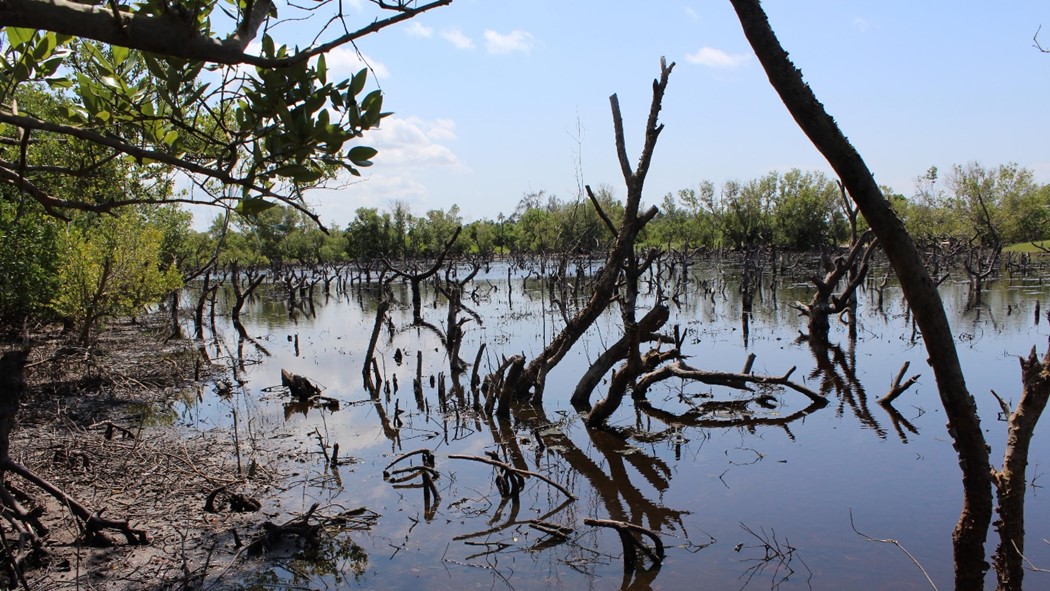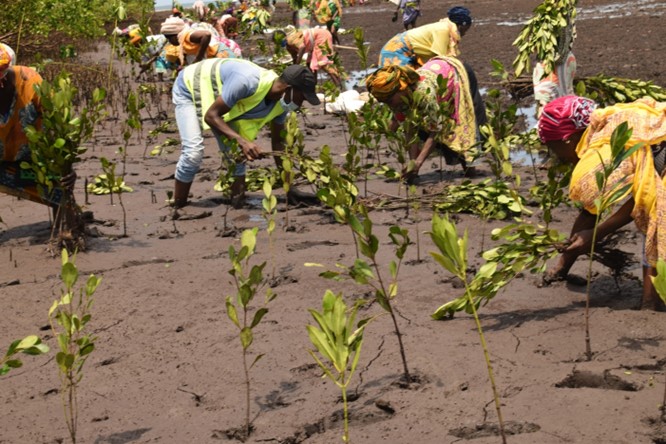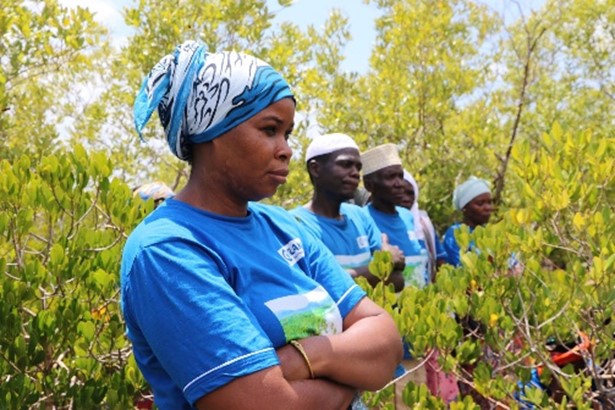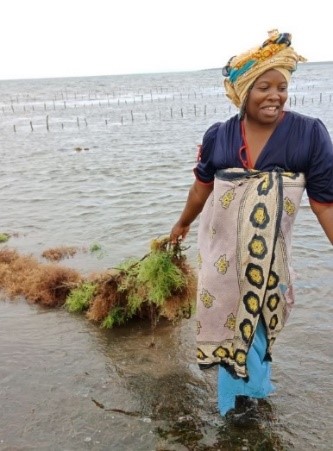Plan International UK is a global children’s charity, striving to advance children’s rights and equality for girls. As an organisation that’s focused on international development and humanitarian aid, Plan International UK is increasingly dedicated to environmental and sustainability projects.
The climate crisis is set to have a huge, devastating impact on communities around the world and in emergency situations or where there is a climate-related disaster, girls are usually the worst affected. They are the last ones in the family to eat when food is scarce, more likely to be married off as children and are at greater risk of gender-based violence and trafficking when displaced.
Educating and empowering girls can help mitigate the worst impacts of climate change, whether that’s creating sustainable solutions for land workers, helping improve a family’s resilience to the impacts of climate change or increasing economic prosperity.
Plan International UK not only aims to protect the environment and support communities, but also to help reduce levels of poverty which put the rights of children under stress.
Lloyd’s is supporting this project with Plan International UK, which works with coastal communities in Kenya to restore mangroves and conserve its natural resources. Women are trained to become seaweed farmers which provides a source of income and helps reduce poverty levels, while girls and boys are empowered to play a critical role within their communities by promoting environmental stewardship.



